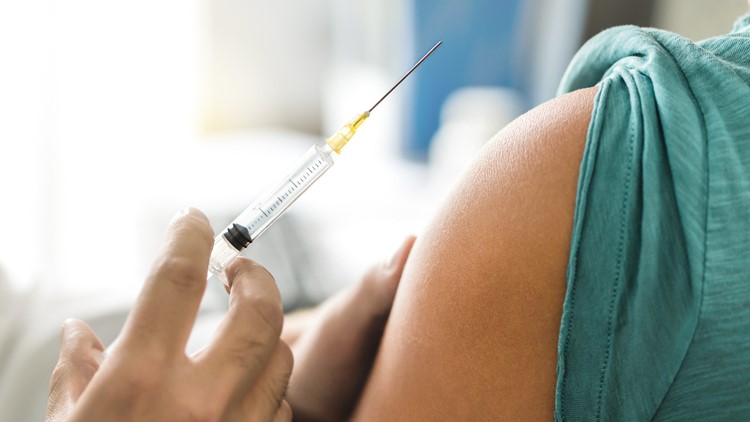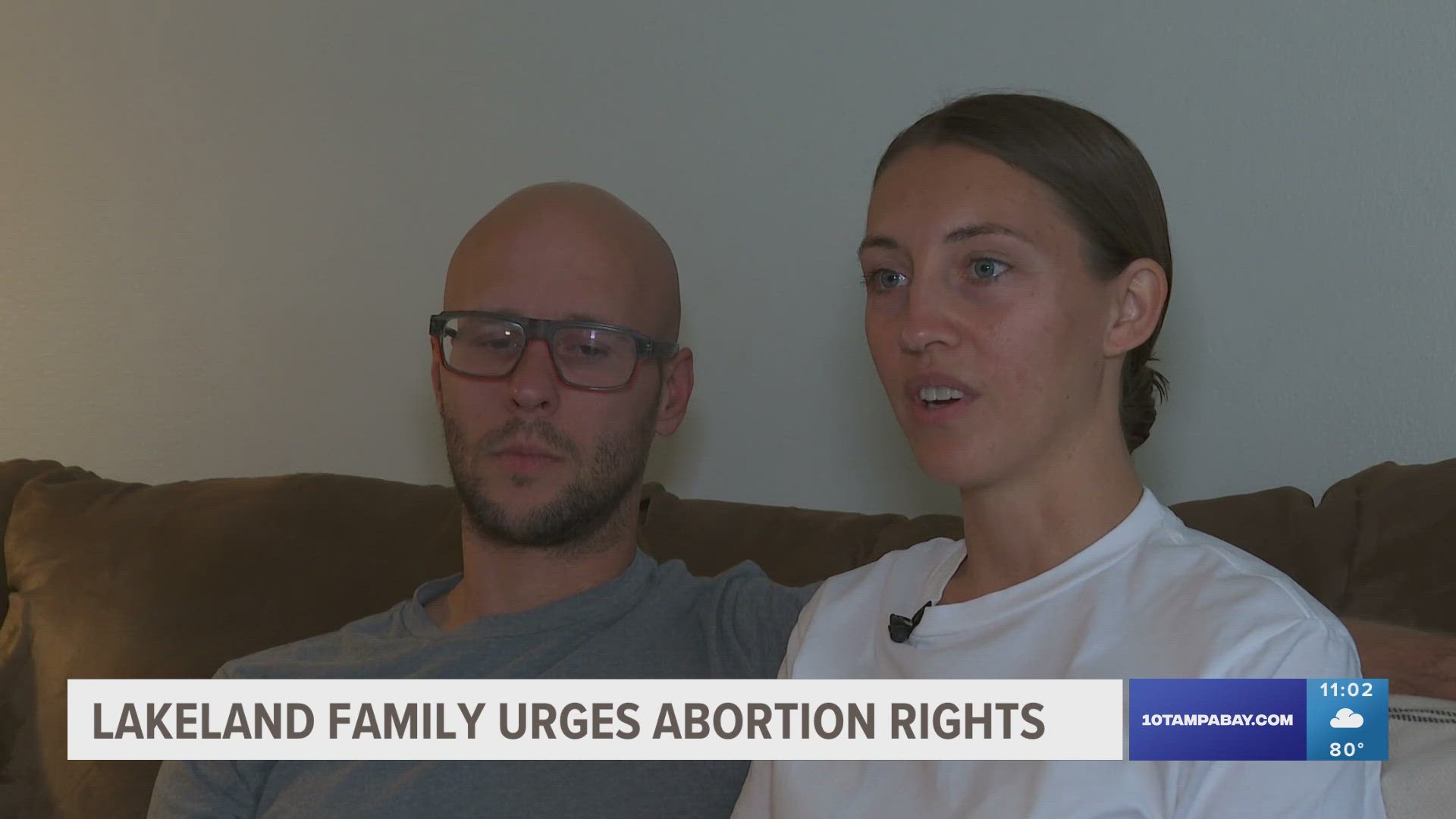ENGLAND, UK — The human papillomavirus (HPV) causes 21,100 cases of cancer in women annually, according to the Centers for Disease Control and Prevention.
But a recent study out of the UK found that being vaccinated against HPV reduced cervical cancer rates by up to 87 percent.
The study, published in The Lancet, looked at how the HPV vaccine reduced the risk of cervical cancer in groups who received the vaccine against those who were not eligible.
In the UK, HPV vaccination began in 2008 and was offered to girls between 12-18 years old, according to the study.
Over time, the study found those who were vaccinated against HPV when they were 12-13 years old had a reduced rate of cervical cancer by 87 percent. Those ageds 14-16 had a 62-percent reduction rate and those 16-18 had a 34-percent reduction rate.
Data shows the corresponding risk of CIN3 was reduced by up to 97 percent, depending on the age one was vaccinated.
Overall, the study found that by June 2019, there were 448 fewer cases of cervical cancer and 17,235 fewer cases of CIN3 in vaccinated women across England.
“It’s a historic moment to see the first study showing that the HPV vaccine has and will continue to protect thousands of women from developing cervical cancer,” Michelle Mitchell, Cancer Research UK’s chief executive said in a statement.
Cancer Research UK, which funded the study, says the findings show that HPV vaccination, paired with cervical cancer screenings could reduce cases to "where almost no-one develops it."
According to the World Health Organization, it takes anywhere from 15 to 20 years for cervical cancer to develop in women with "normal immune systems."
You can learn more about the human papillomavirus and treatments here.



